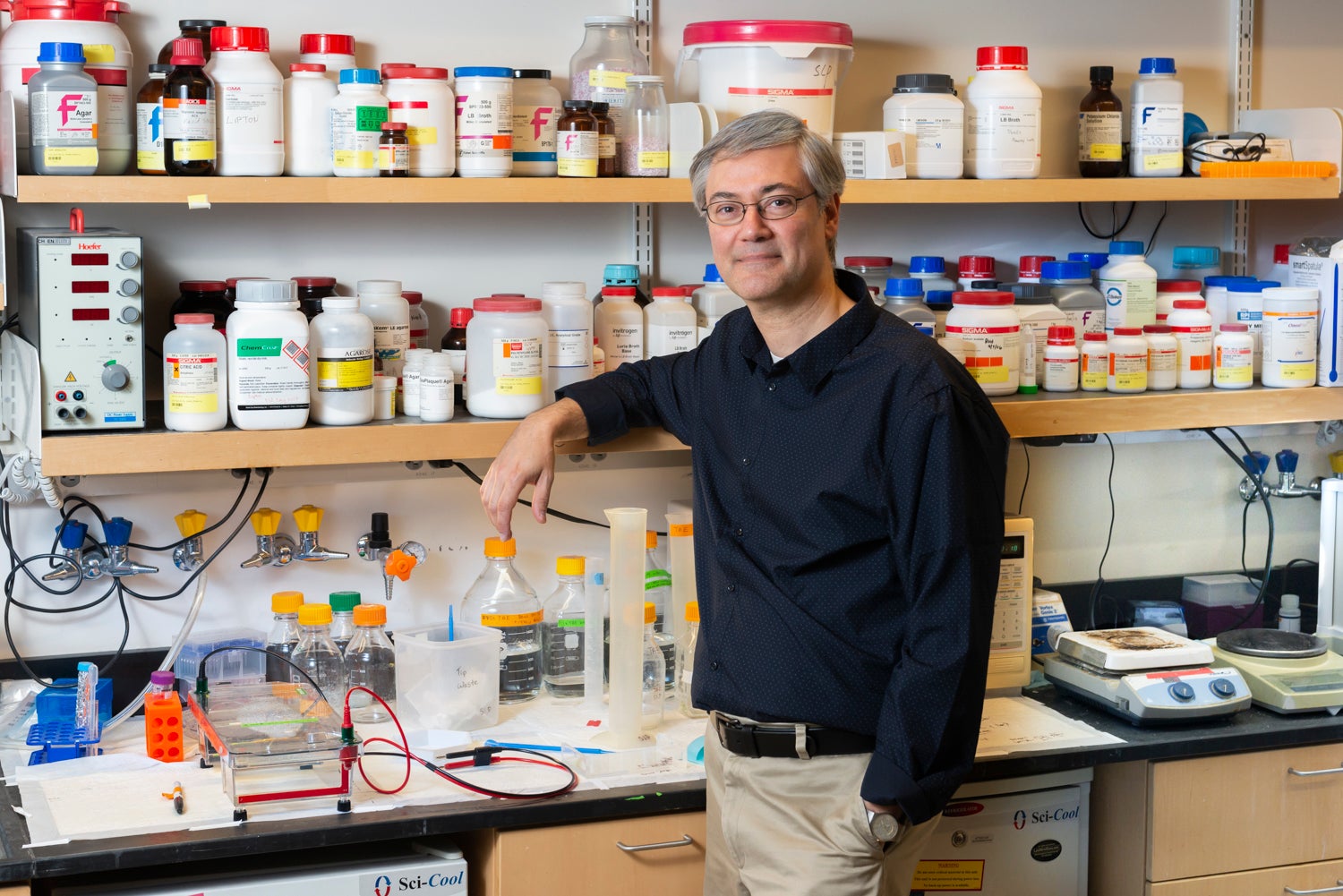Director, Translational Neuroscience Center, Boston Children's Hospital

The Sahin lab’s research is directed at understanding the cellular mechanisms underlying childhood neurogenetic disorders. We have predominantly focused on Tuberous Sclerosis Complex (TSC), a genetic disorder that presents often with epilepsy and autism. We have generated a cerebellar Purkinje neuron-specific knockout of Tsc1 that displays autistic features, such as impairments in social interaction, repetitive behaviors and ultrasonic vocalizations. Importantly, we have shown that treating these mice with an mTOR inhibitor prevents the development of these aberrant behaviors. These experiments support the notion that neurological defect in Tsc-deficient mice can be blocked by postnatal mTORC1 inhibition and have led to the design of clinical trials in patients with TSC. Furthermore, by performing imaging and EEG studies in children with TSC, we have demonstrated that there are marked deficits in neuronal connectivity, which correlate with neurodevelopmental outcomes.
The Sahin lab is also involved in clinical and pre-clinical work through the Translational Neuroscience Center (TNC) at Boston Children’s Hospital. The TNC is dedicated to furthering our understanding of brain and cognitive development in children diagnosed with or at risk for various neurodevelopmental disorders. Our multidisciplinary team of researchers brings together experts from a wide range of fields, including neuroscience, signal processing, psychology, and computer science. Through this collaborative approach, we aim to rapidly drive the science forward, to translate what we learn into earlier identification, improved therapies, and better outcomes for children and families affected by neurodevelopmental disorders. This work is being reflected in ongoing clinical trials for pediatric patients with PTEN Hamartoma Syndrome, Rett Syndrome, Tuberous Sclerosis Complex and Phelan-McDermid Syndrome.
